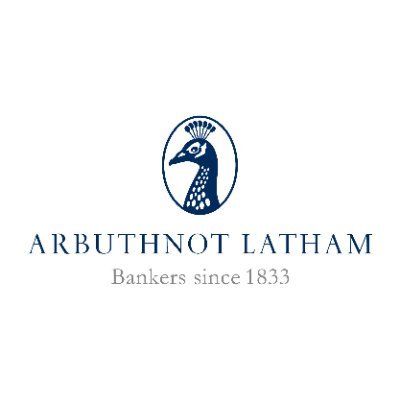Last week, the team at Arbuthnot Latham shared insights into their current investment strategies, providing an update on their portfolio. Fund research manager, Harry Havelock-Allan, explained that both new and established funds come with advantages and disadvantages. While newer funds may offer attractive discounts, there’s a potential risk that fund managers could be distracted by the task of gathering assets, rather than focusing solely on the performance of the fund.
Havelock-Allan also highlighted the concept of ‘survivorship bias’, which can lead to skewed perceptions of established funds. The longevity of a fund, he mentioned, can build brand recognition, making it easier to attract both investors and talent. Familiarity can work to a fund’s advantage, and a longer performance record provides more solid data for analysis—something many investors value highly.
In his view, a fund typically reaches its most favourable stage as it nears the five-year mark. By this point, early business risks have usually been mitigated, and the fund manager’s abilities can be more effectively evaluated across different market conditions. At this stage, the fund’s assets are unlikely to become unmanageable, unless it has achieved exceptional commercial success.
However, before reaching this stable phase, younger funds face significant challenges, much like newly hatched turtles racing towards the sea. Breaking even and establishing a reliable brand in a competitive market are some of the hurdles these funds must overcome. Without strong brand recognition, these obstacles can be even more difficult to navigate.
Arbuthnot Banking Group PLC (LON:ARBB), trading as Arbuthnot Latham, provides private and commercial banking products and services in the United Kingdom. Founded in 1833, Arbuthnot Banking is based in London, United Kingdom.


